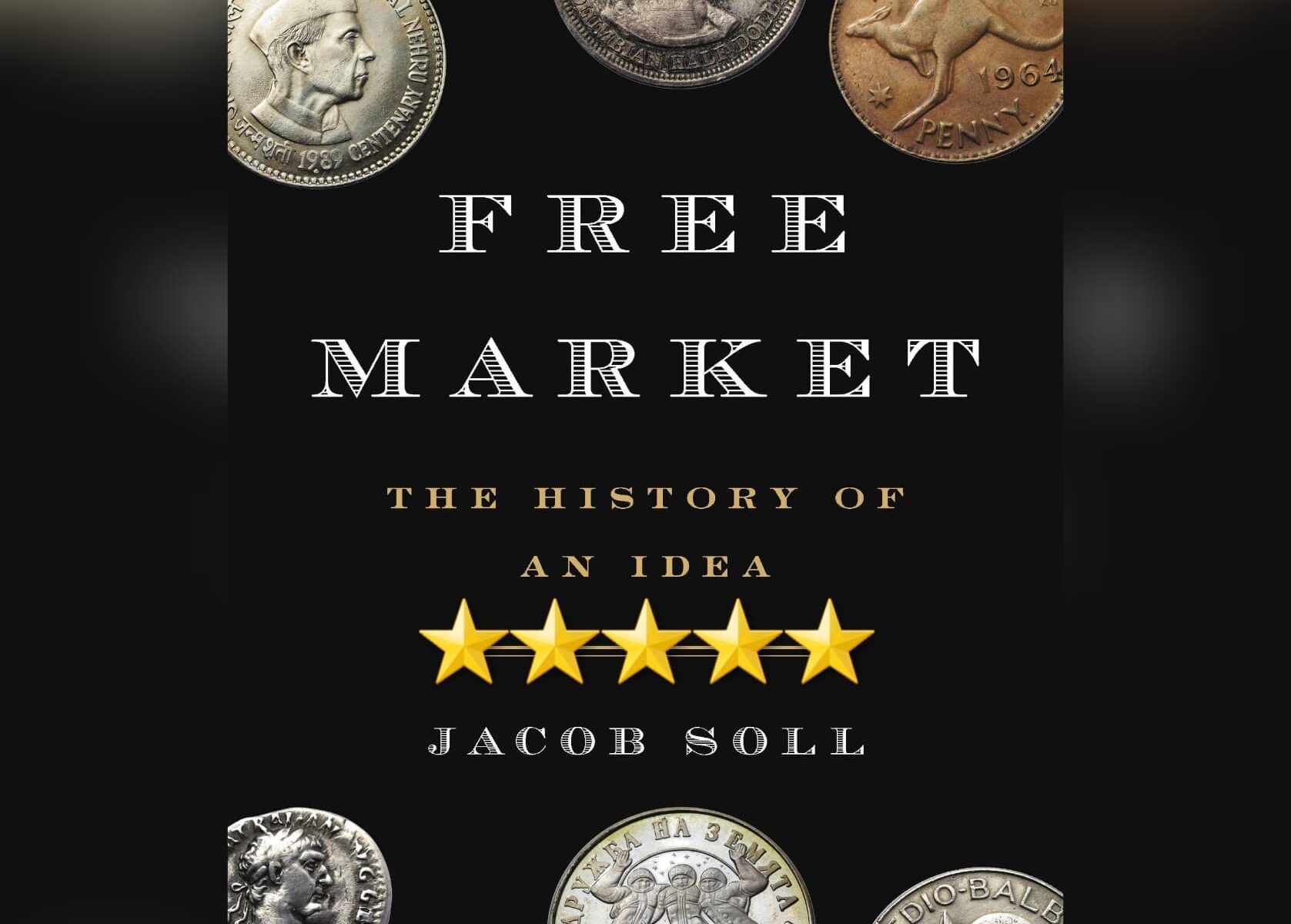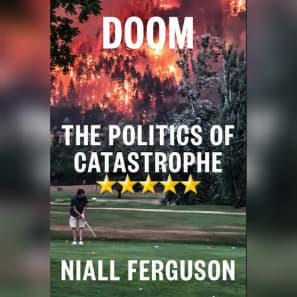Deep And Fascinating Exposition Of The History Of An Idea. Soll is a Professor of History and Accounting, and I’m just a college grad who had ECON 101 as an 18 yo HS Senior / college freshman who then went on to discuss the Austrian/ Chicago schools of economics (Friedman, Hayak, von Mises (who actually does *not* get mentioned in this book, unlike the first two), etc) with various libertarian (of both “l” and “L” levels) fellow activists and Party officials, back in the former life where I did those things.
So I’m not going to debate the specifics of Soll’s commentaries here, though I do think that there is room for those more dedicated to true pure free markets to do so – I’m just blatantly nowhere near qualified to do it. 🙂
What I *can* say about this book is that it truly is a deep and fascinating exposition of the history of economic thought regarding what a market is and how it does/ should operate. With von Mises being the only notable exception (discounting also economists who are still alive), Soll takes us on a journey from pre-history through Cicero and the beginning of the Roman Empire (and fall of the Roman Republic) to St Augustine to Machiavelli and the Italians into the rise of the Dutch and then England and France (where we eventually get… who else… Adam Smith… 😉 ) and the other Enlightenment philosophers and from there to America and eventually through the post WWII era and into Keynes, Friedman, and Hayak. Entire libraries have been filled over the centuries talking about the lives and theories of many of these men, and Soll does a good job of showing their thoughts and how at times they were shaped by the world around these men while never delving so deep as to become a treatise specifically on any one person or their contributions to the field. He also manages to avoid most academic and professional economist terms and instead writes in a manner that is more easily accessible to most any reader with so much as a middle school/ high school level of historical knowledge.
Ultimately this is a book that seems destined to become required reading for many ECON 102/ 103 ish classes, and really should be read by anyone seeking to have a general understanding of one of the most discussed foundational issues in modern economics. Very much recommended.
This review of Free Market by Jacob Soll was originally written on July 9, 2022.


